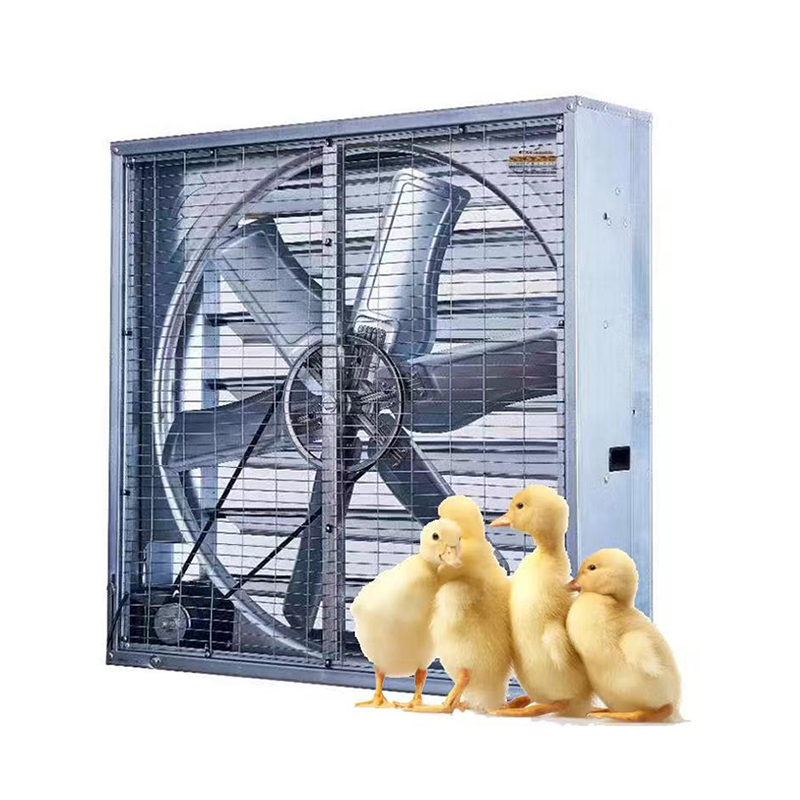Water plays an important role in poultry production and the industry’s efficient use of this key resource means that poultry is well-positioned in agriculture’s drive to be more sustainable.
The 2023 theme for the UN-sponsored World Water Day, "accelerating change," is a call to people everywhere to transform the way they use, consume and manage water. I would like to talk about how the poultry industry is taking action to be good stewards of this valuable natural resource. Poultry House Fan

When it comes to bird health and welfare, water is often the forgotten nutrient as it is an essential developmental element for the broiler chicken. Balance, however, is key.
It is not good for birds to drink too little, as they may have less-than-optimal growth. On the flip side, too much water not only wastes this precious resource, but also results in a higher level of water being excreted. This impacts the birds negatively, leading to other potential health issues. Balanced water intake brings with it better gut health, litter quality and footpad health.
Chickens are more water efficient than any other livestock, and feed and water efficiency combine to make chicken a sustainable food source.
Due to decades of genetic selection for feed and water efficiency, the modern broiler consumes 0.8 kg less feed and 1.4 liters of less water to reach a healthy weight of 2.5 kg compared to the broiler of 20 years ago. A continued focus on selection for feed and water efficiency adds to the sustainability and welfare of birds today, and will do for years to come.
In line with World Water Day’s theme of accelerating change, attention to water’s crucial role in the poultry industry deserves to be highlighted.
In addition to providing birds with vital nutrients, water is critical to their biosecurity. It is used to clean and disinfect houses as well as areas and equipment throughout farms, and workers shower in and out as part of rigorous daily hygiene practices.
The world’s poultry industry is constantly looking for and applying inventive sustainability practices to conserve water. We have all heard of wastewater treatment, but what may come as a surprise is that water from showers and cleaning and disinfection processes is currently being recycled at some farms by applying wastewater treatment methods.
The treated water can be used for cleaning outside of the biosecure farm areas, as well as irrigation in surrounding communities. Many farms also use eco-friendly filtration systems, such as reed grasses and sand and rock found or grown on the farms themselves.
Additionally, waterline technology, known as nipple systems, makes sure that only the necessary amount of water flows to the chicken houses, and float valves prevent overflows in water tanks.
The global poultry industry is committed to help achieve the Sustainable Development Goals of the UN, responsibly meeting the nutritional needs of 9 billion people by 2050 without overwhelming our planet.
Chicken is a naturally sustainable protein source, and breeders and producers alike are working daily to accelerate change through balanced breeding and sustainability efforts in facilities around the world.

Cooling Machine How chicken has become the choice meat to beat inflation